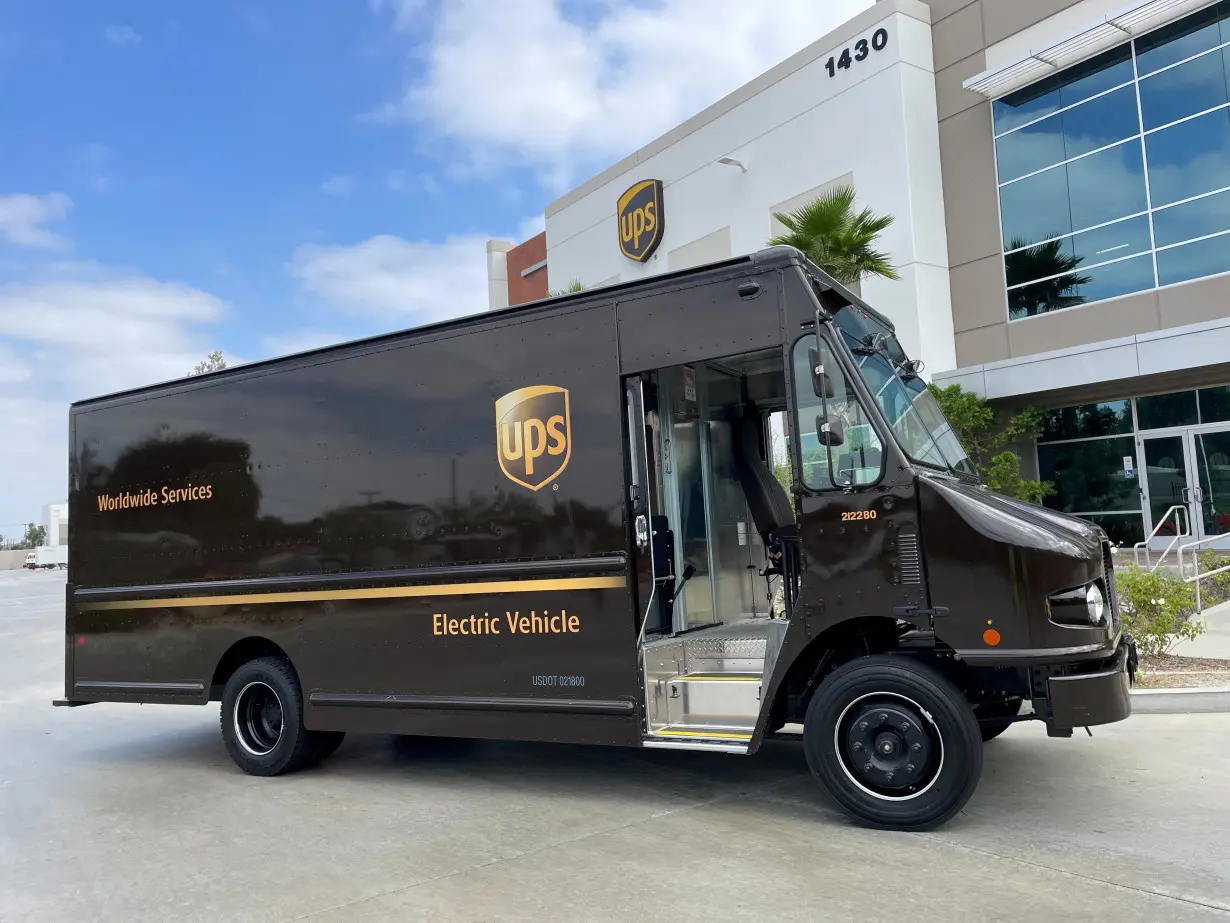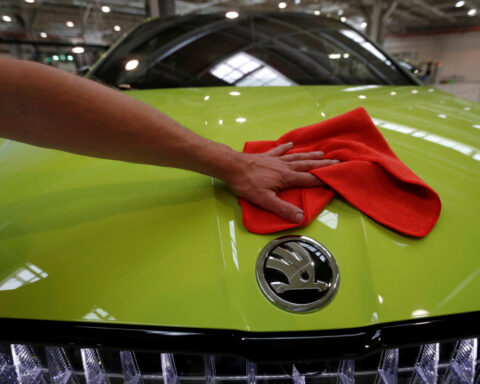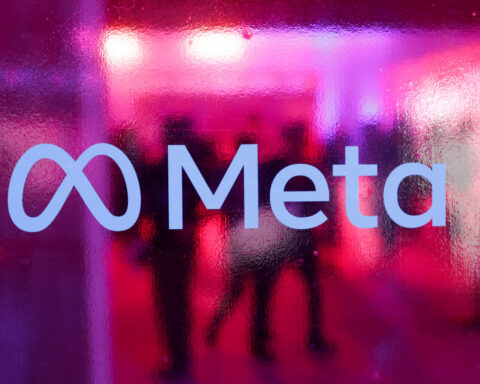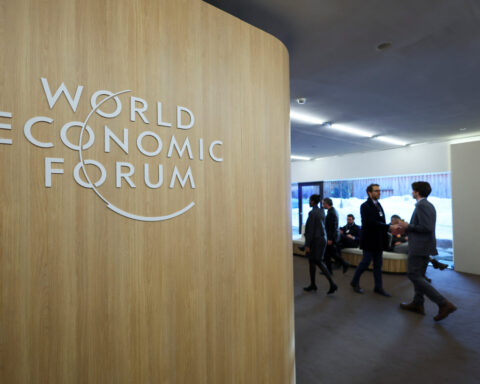By Lisa Baertlein
(Reuters) - United Parcel Service on Thursday said it is spending more than $1 billion this quarter to buy two companies it hopes will bolster profit and volumes amid bare-knuckled market share battles with delivery rivals like FedEx.
The world's biggest parcel delivery firm on Wednesday announced an agreement to buy Happy Returns from PayPal, a deal that came roughly a month after it signaled its intent to purchase healthcare specialist MNX Global Logistics. The amount being spent on those deals was not previously announced.
UPS, FedEx, Amazon.com and regional delivery providers are grappling to hold and gain share of a shrinking pool for deliveries. At the same time, UPS is fighting to win back business lost during its tumultuous U.S. labor talks.
"UPS has a high-cost network that needs to be supported by high-margin business," said Alan Amling, a former UPS executive.
Happy Returns ticks that box because it operates in the most profitable parts of the generally low-margin e-commerce delivery market, analysts said.
The company offers lower-cost, no-box, no-label returns. Users of the service get a code from the retailer or Happy Returns and drop the items at designated "return bars", which currently include FedEx Office stores.
UPS said its e-commerce returns business has grown 25% since 2020. With the Happy Returns deal, it is putting "the pedal to the metal," CEO Carol Tome said on a call on Thursday to discuss quarterly results.
Retailers estimate that between 20% and 30% of all online orders are returned, and it cost them on average, about $33 to process a return, she said.
Happy Returns will help UPS reduce costs for its customers and the company itself by consolidating returns that would have been shipped separately, executives said.
Roughly 5,200 UPS Store locations will join Happy Returns' established drop-off points, making the service available at more than 12,000 U.S. locations, UPS said.
UPS told Reuters it expects the FedEx Office and Happy Returns relationship to "wind down quickly."
"This acquisition puts their top competitor, FedEx, in a tough situation," said Amling, a distinguished fellow at the University of Tennessee's Global Supply Chain Institute.
FedEx did not immediately respond to a request for comment for this story.
The MNX deal will bolster UPS's healthcare business that is on track to hit $10 billion this year, Tome said. UPS and FedEx also compete in that sector, which boasts some of the industry's best margins.
MNX specializes in shipping radioactive agents known as radiopharmaceuticals, which are used to diagnose and treat disease, as well as temperature-controlled products such as vaccines and certain cancer drugs.
(Reporting by Lisa Baertlein in Los Angeles; Editing by Bill Berkrot)

 Germany sees meat exports to EU continuing after foot-and-mouth case
Germany sees meat exports to EU continuing after foot-and-mouth case
 Parliament speaker to lead Taiwan delegation to Trump's inauguration
Parliament speaker to lead Taiwan delegation to Trump's inauguration
 German economy contracted 0.2% in 2024
German economy contracted 0.2% in 2024
 Middle East latest: Palestinian prime minister says Palestinian Authority should run Gaza in future
Middle East latest: Palestinian prime minister says Palestinian Authority should run Gaza in future
 Nokia signs multi-year patent license agreement with Samsung
Nokia signs multi-year patent license agreement with Samsung
 Irish parties secure 'comfortable majority' for new government
Irish parties secure 'comfortable majority' for new government
 Bayern Munich signs US youngster Bajung Darboe from LAFC
Bayern Munich signs US youngster Bajung Darboe from LAFC
 Novak Djokovic breaks a tie with Roger Federer for the most Grand Slam matches in tennis history
Novak Djokovic breaks a tie with Roger Federer for the most Grand Slam matches in tennis history
 China's RedNote: what you need to know about the app TikTok users are flocking to
China's RedNote: what you need to know about the app TikTok users are flocking to








